Where, after all, do universal human rights begin? In small places, close to home—so close and so small that they cannot be seen on any maps of the world. Yet they are the world of the individual person; the neighborhood he lives in; the school or college he attends; the factory, farm or office where he works.
—
Eleanor Roosevelt
This iconic quote is from a 1958 speech at the United Nations commemorating the tenth anniversary of the Universal Declaration of Human Rights. While the Fund was launched more than 40 years later, our approach to identifying and investing in grassroots activists across the world reflects this idea. We believe that people directly affected by injustice and inequality hold critical solutions for tackling these issues at their roots and that they deserve the resources to help their communities thrive. It’s the core of everything we do.
But what does it really look like to bring about systemic change through “small places?” Here are some of the activists and organizations we’ve funded who have done just that.
Justice for War Crimes in Guatemala
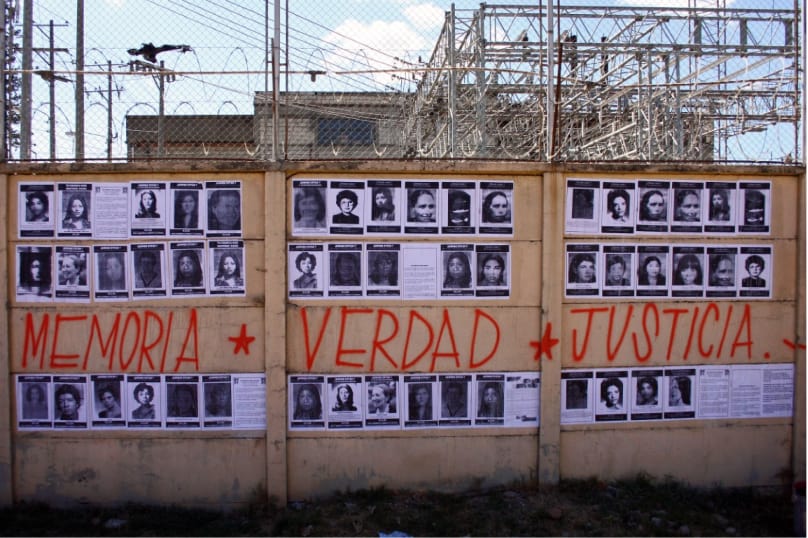
When the Fund launched, Guatemala was one of the first places we supported community-based activists. Families, community leaders, lawyers, and volunteers had begun working together to secure answers and justice for the tens of thousands who were forcibly disappeared, murdered, or sexually assaulted during the civil war. With our funding and support for collaboration, groups like UDFEGUA , ECAP, and ABJP launched individual court cases against the former military and other officials responsible. Their movement has withstood a political crisis that dismantled many other human rights institutions and the pandemic, securing numerous precedent-setting convictions and sentences for those who committed violent atrocities.
Giving Mining Communities a Seat at the Table in the DRC
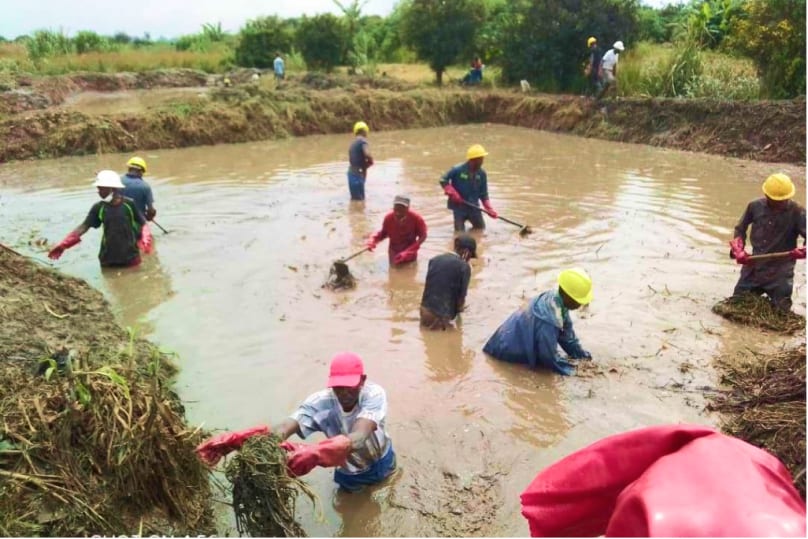
In 2013, a group of four activists formed African Resources Watch (AFREWATCH) in the Democratic Republic of Congo’s mineral-rich province of Katanga . Their goal was to support people in reclaim their rights in the face of child labor, pollution, displacement, and hunger brought on by mining. The following year, the Fund gave them a seed grant and our support has tripled over 8 years. During this time AFREWATCH began to see its impact grow from grassroots organizing to state advocacy. It began to partner with community groups across other provinces, including several also supported by the Fund, to change the country’s mining code, which gave all decision making power to the government and corporations. In 2018, thanks to their collective advocacy, a new law was passed which gives miners and community members a seat at the table and requires mining profits be shared with communities living where they operate. Now a recognized leader in promoting responsible mining with three offices including in the capital city Kinshasa, AFREWATCH continues to work ensuring the law is implemented.
Decriminalizing Homosexuality in India
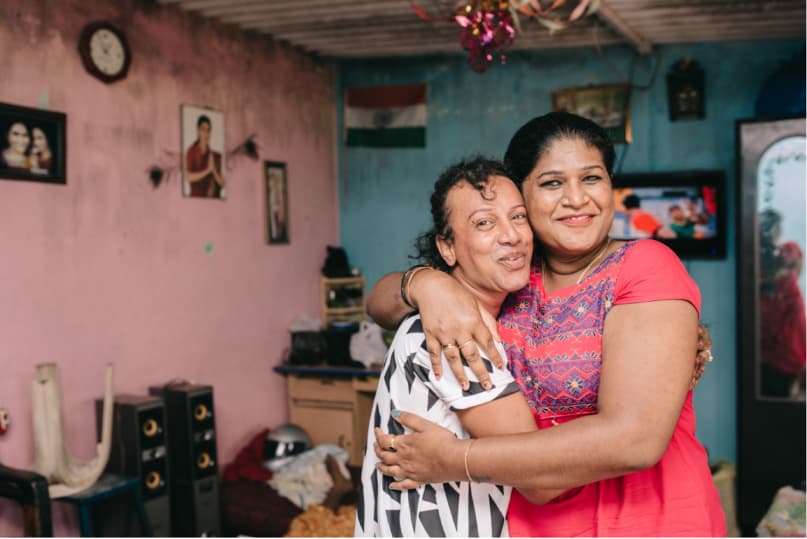
When India’s Supreme Court struck down a colonial-era provision used to criminalize same-sex sexual relations in 2018, it was the result of more than 20 years of advocacy by LGBTQ and women’s groups. When prior petitions with the court stalled, Fund grantees Ondede and Swatantra, who’d been working together to help the LGBTQ community access health care and jobs, decided to take different approach. Together they reframed the case around the right to privacy. The larger movement, including several other Fund-supported groups, created a groundswell of support for the case, helping propel this landmark victory for the LGBTQ community.
Securing Answers for Families of Lost Miners in Mexico
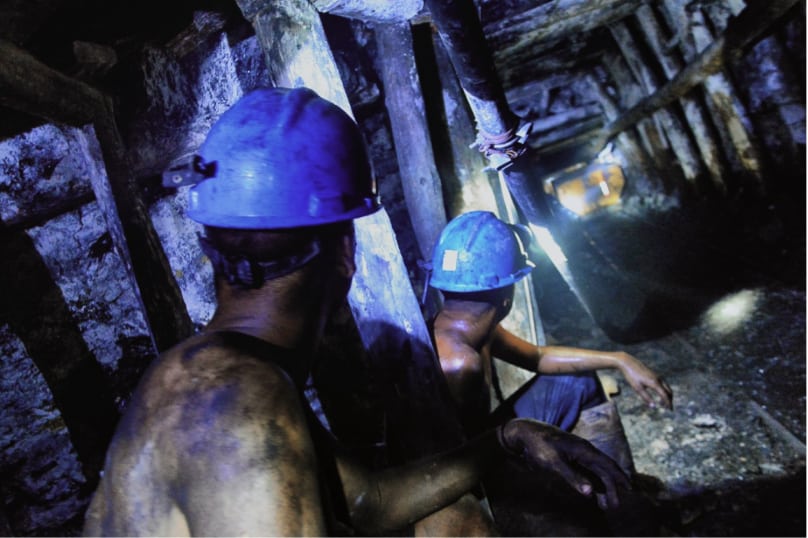
In 2006, an explosion in a mine in rural northern Mexico claimed the lives of 65 workers. Miners had complained for years about unsafe conditions. Only two families had the bodies of their loved ones returned to them. Families and community members formed Familias Pasta de Conchos to demand the recovery of the remaining 63 miners’ bodies and a full investigation. Their continued advocacy for nearly two decades has helped uncover corruption and ties to organized crime in the mining industry and led to safer working conditions. They persevered despite disdain from officials, harassment, and even death threats. In 2019, Mexican President Obrador announced the launch of an operation to finally recover the missing bodies, with efforts beginning in 2021 setting a new precedent for recovery efforts in coal mining.
Collaborating for Gender Equality in North Africa
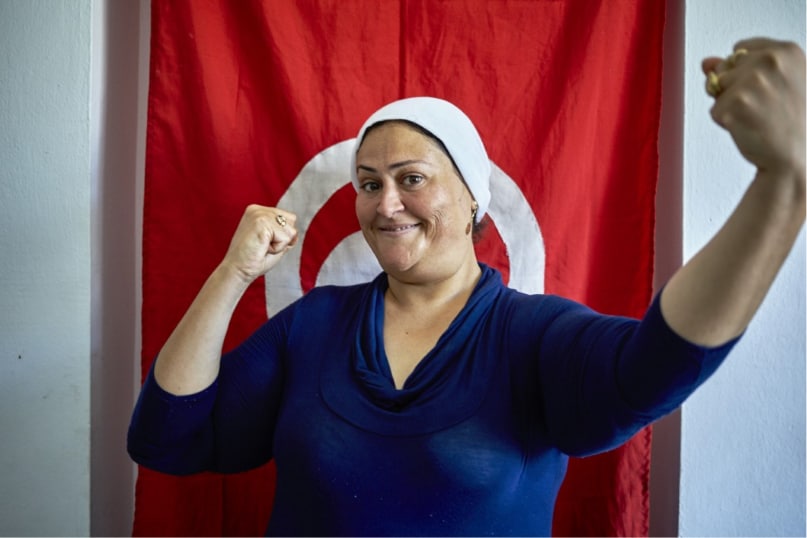
Following the Arab Spring, grassroots women’s groups in Tunisia saw an opportunity to advocate for gender equality in new, more powerful ways. But they needed a boost, and it came from sister organizations in Morocco and the Fund. In Morocco, the Fund had supported several women’s rights activists in developing a campaign to overturn a penal code where a rapist could marry his victim to escape prison time. The groups had then gone on to rally women’s organizations and allies to pass Morocco’s first violence against women act. The Fund created a knowledge-exchange where women’s rights groups in Tunisia and Morocco could build skills, mentor each other, and problem solve. With this support, Tunisian women’s rights activists have gone on to advocate successful around labor rights and were instrumental to passing the country’s first law addressing domestic violence in 2017.
Every individual can make a powerful impact on human rights in small spaces across the world. Donate to the Fund today to further the work of grassroots activists making a difference today.